Battle of Orgreave: the long wait for answers
Public inquiry into 1984 clash between police and striking miners a 'landmark moment for justice and accountability', says South Yorkshire mayor
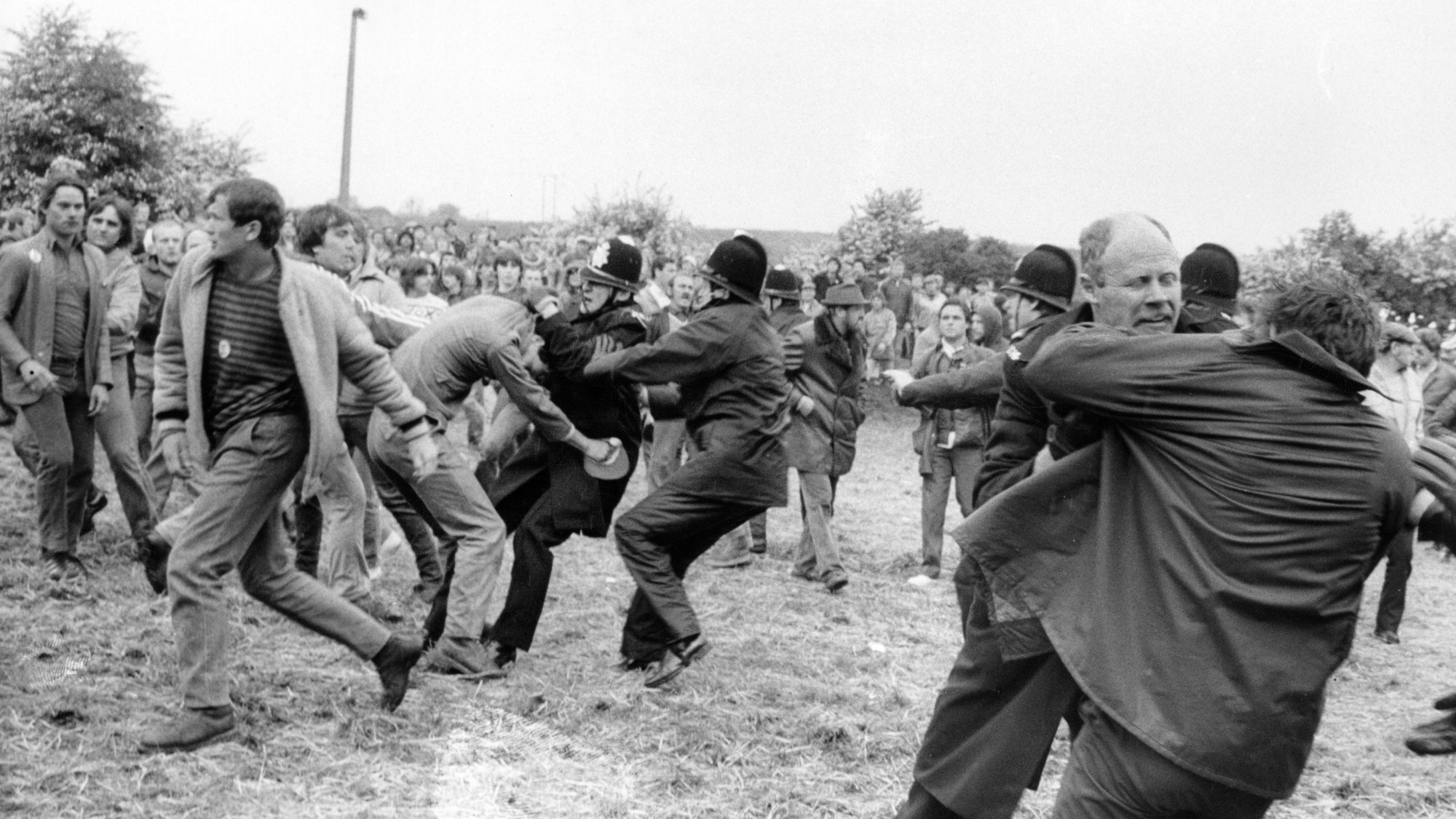
A free daily email with the biggest news stories of the day – and the best features from TheWeek.com
You are now subscribed
Your newsletter sign-up was successful
A public inquiry is to examine the events surrounding the so-called "Battle of Orgreave" – where over 100 striking miners and police were injured in violent clashes and, after which, criminal charges against 95 miners were dropped amid allegations of police falsifying evidence.
Still one of the most contentious episodes in modern British history, what happened in June 1984 "cast a shadow over communities in Yorkshire and other mining areas", said Home Secretary Yvette Cooper. "The violent scenes and subsequent prosecutions raised concerns that have been left unanswered for decades."
What happened?
On the morning of 18 June 1984, about three months into a major strike over coalpit closures, 8,000 striking miners assembled for a mass picket at the Orgreave coking plant near Sheffield. They were met by 6,000 police officers from forces nationwide, led by South Yorkshire Police.
The Week
Escape your echo chamber. Get the facts behind the news, plus analysis from multiple perspectives.

Sign up for The Week's Free Newsletters
From our morning news briefing to a weekly Good News Newsletter, get the best of The Week delivered directly to your inbox.
From our morning news briefing to a weekly Good News Newsletter, get the best of The Week delivered directly to your inbox.
Things quickly turned violent. Miners threw stones and the police charged on horseback and hit miners with truncheons. Police snatch squads used batons and short shields – the "first time they had ever been used on the UK mainland", said The Guardian – and many miners were arrested.
"It wasn't frightening to start off with," Chris Skidmore, an "Orgreave veteran" turned campaigner told Sky News, "but then what I noticed was the amount of police officers who had no identification numbers on. It all felt planned."
"And it wasn't just one truncheon," said his fellow former miner and campaigner Carl Parkinson. "There were about 30, or 40. And it was simultaneous, like it was orchestrated."
Despite accusations of policy brutality and use of excessive force, it was the miners who were blamed for the violence, with then prime minister Margaret Thatcher talking of "mob rule". Charges of rioting and unlawful assembly were brought against 95 of the miners – but, the following year, all charges were dropped after police evidence was repeatedly discredited.
A free daily email with the biggest news stories of the day – and the best features from TheWeek.com
Why is this being revisited now?
South Yorkshire Police paid out more than £400,000 in compensation to some accused miners and their families in 1990, without any admission of wrongdoing. No police officer was disciplined and the events of the day, and its aftermath, were never officially scrutinised.
The Orgreave Truth and Justice Campaign was formed in 2012 by ex-miners and trade unionists to expose "police violence, lies and cover-ups" surrounding the events of 18 June.
Its aim is to discover who was responsible for "organising and ordering the deployment of multiple police forces, including mounted police armed with truncheons, shields and dogs, against striking miners". It called for a public inquiry to find out how it was decided that "striking miners should be attacked and arrested at Orgreave and charged with riot and unlawful assembly, which carried heavy prison sentences". It's also demanded to know why key documents "and other evidence had been destroyed or embargoed until 2066 and 2071".
Responding to pressure from the campaigners, the government has announced that the inquiry – which is to be chaired by the Bishop of Sheffield, Pete Wilcox – will be a statutory one, meaning witnesses will be compelled to give evidence.
What has the reaction to the inquiry been?
South Yorkshire mayor, Oliver Coppard said the announcement of the public inquiry was a "landmark moment for justice and accountability. We owe it to the miners, their families, and our communities to ensure that the events of Orgreave are finally understood."
John Dunn, from the Orgreave Truth and Justice Campaign, said he hoped the inquiry will get to the truth of what happened. "How did 6,000 police know to be waiting in full riot gear and why were they given the instructions to run rampant through innocent people?"
But police in South Yorkshire have reacted less optimistically. "This will be long and protracted," said South Yorkshire Police Federation chair Steve Kent. "And the associated costs of this inquiry will lead to there being even less money in the policing purse, which will only have a negative impact on the public of South Yorkshire."
-
 Switzerland could vote to cap its population
Switzerland could vote to cap its populationUnder the Radar Swiss People’s Party proposes referendum on radical anti-immigration measure to limit residents to 10 million
-
 Political cartoons for February 15
Political cartoons for February 15Cartoons Sunday's political cartoons include political ventriloquism, Europe in the middle, and more
-
 The broken water companies failing England and Wales
The broken water companies failing England and WalesExplainer With rising bills, deteriorating river health and a lack of investment, regulators face an uphill battle to stabilise the industry
-
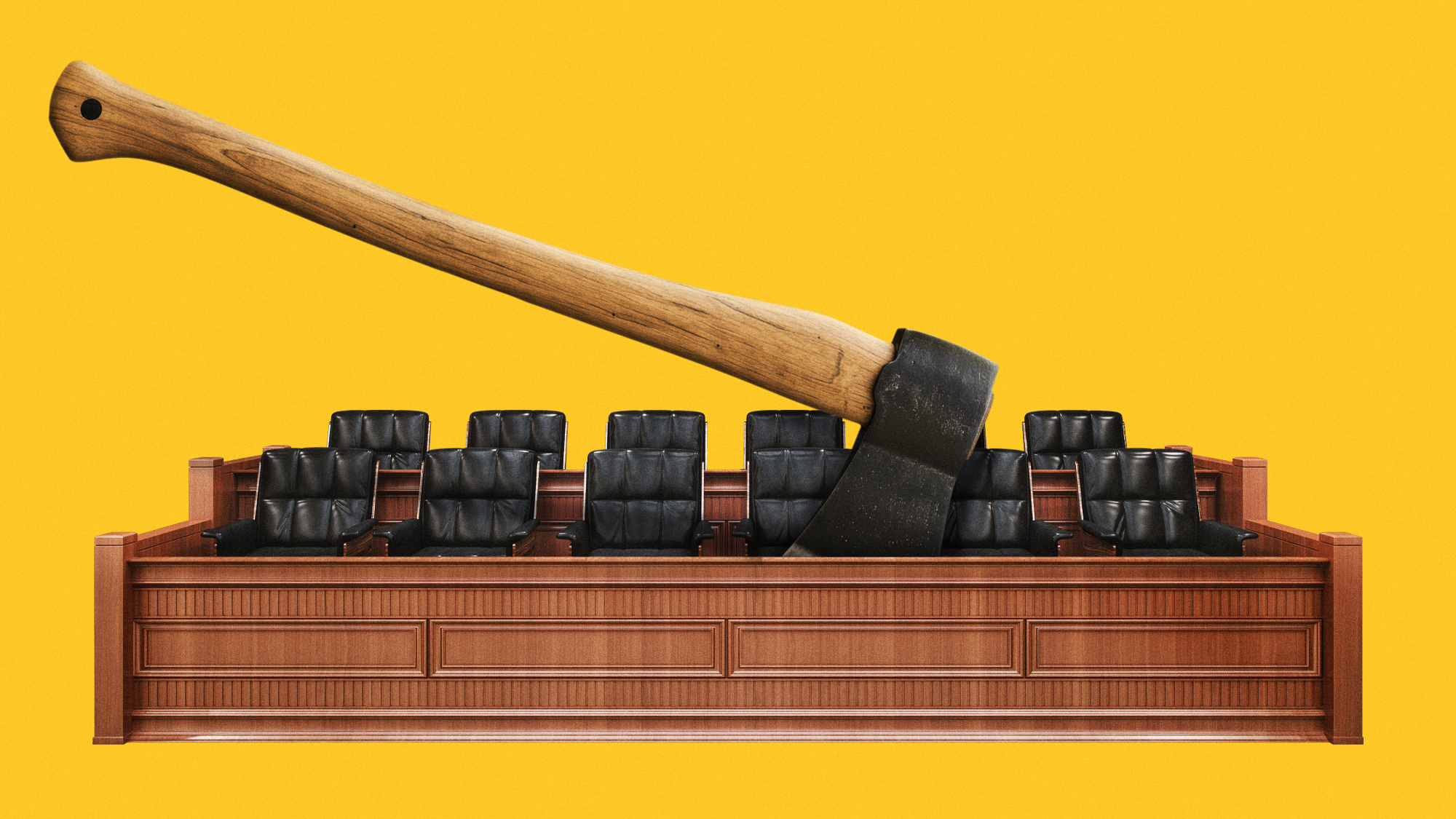 Should the right to trial by jury be untouchable?
Should the right to trial by jury be untouchable?Today’s Big Question With a crown court backlog of around 80,000 cases, David Lammy says ‘status quo cannot go on’
-
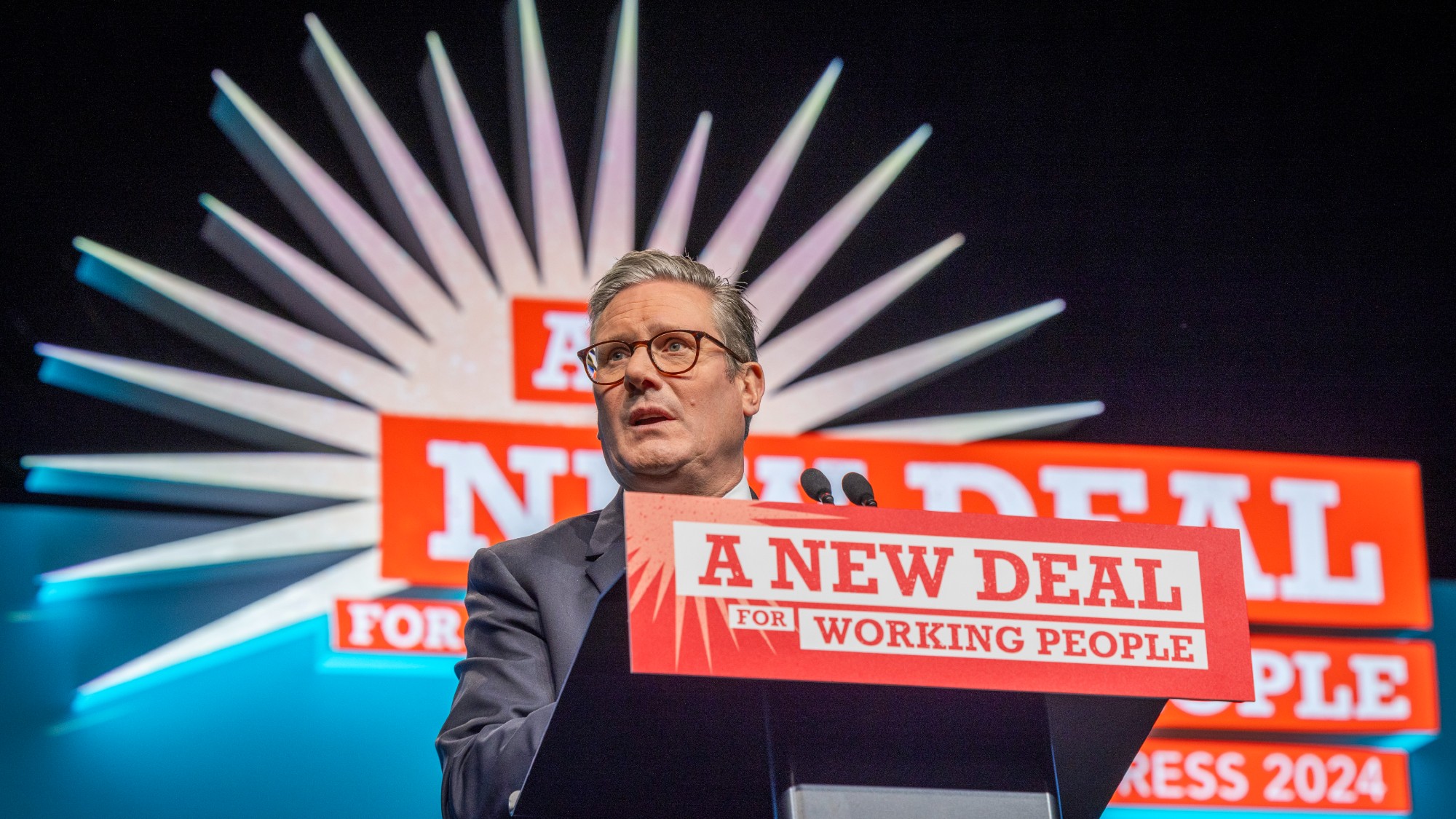 Labour’s dilemma on workers’ rights
Labour’s dilemma on workers’ rightsThe Explainer TUC says Employment Rights Bill is ‘essential to better quality, more secure jobs’ but critics warn of impact on economic growth
-
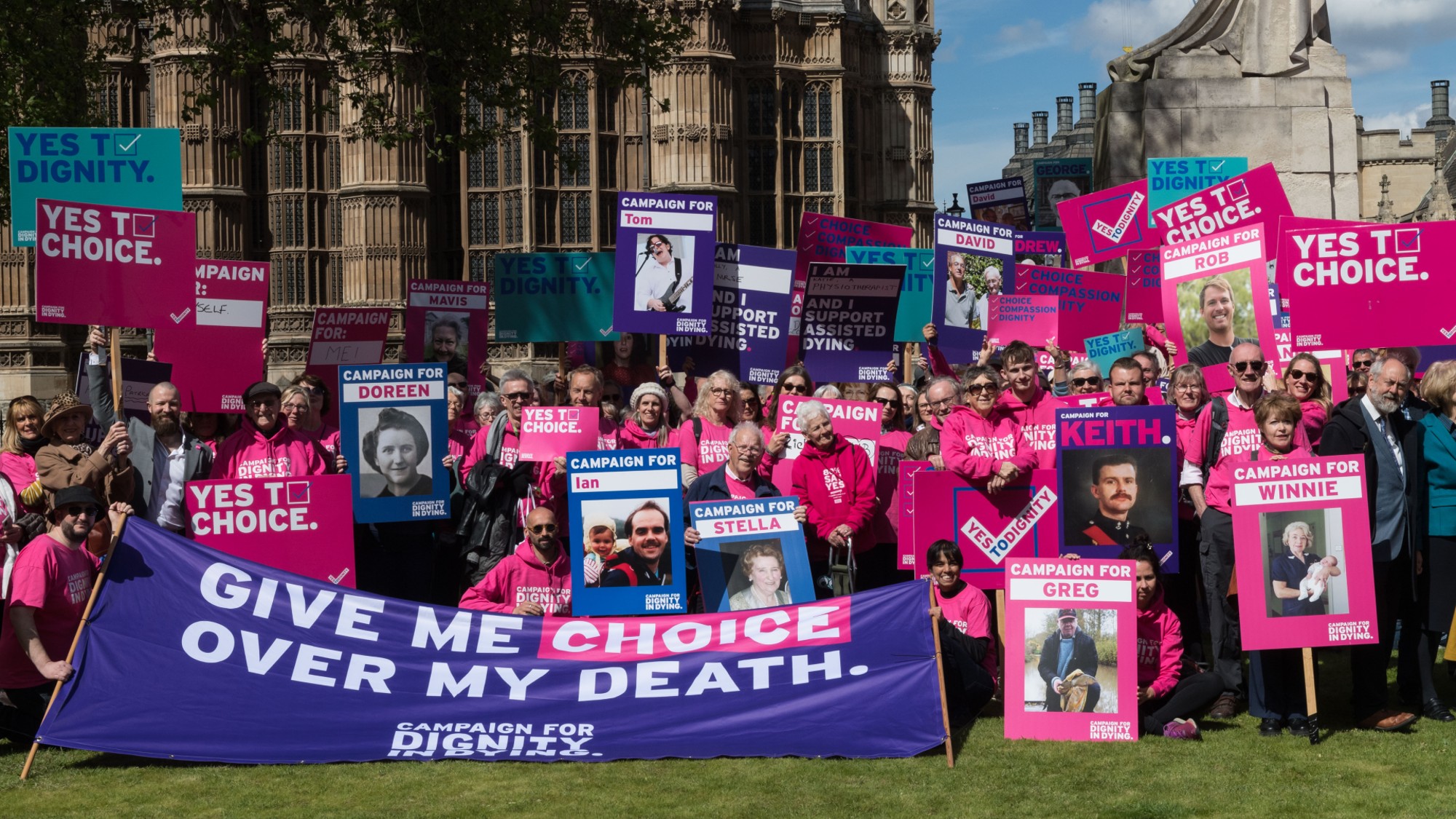 Assisted dying: will the law change?
Assisted dying: will the law change?Talking Point Historic legislation likely to pass but critics warn it must include safeguards against abuse
-
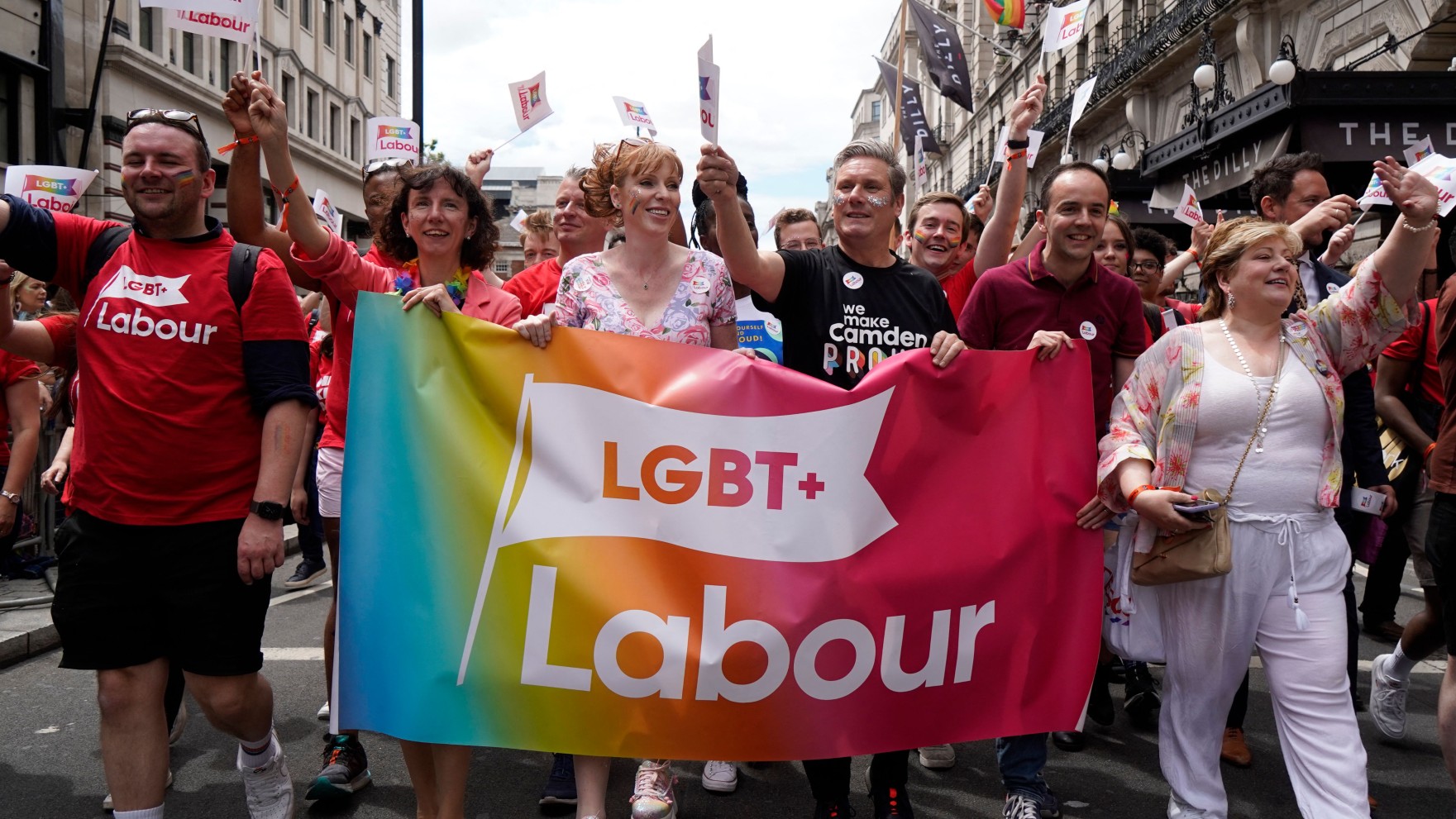 Where does Labour stand on trans rights?
Where does Labour stand on trans rights?The Explainer Party plans to 'modernise and simplify' process of changing gender and vows to scrap guidance on teaching gender ideology in schools
-
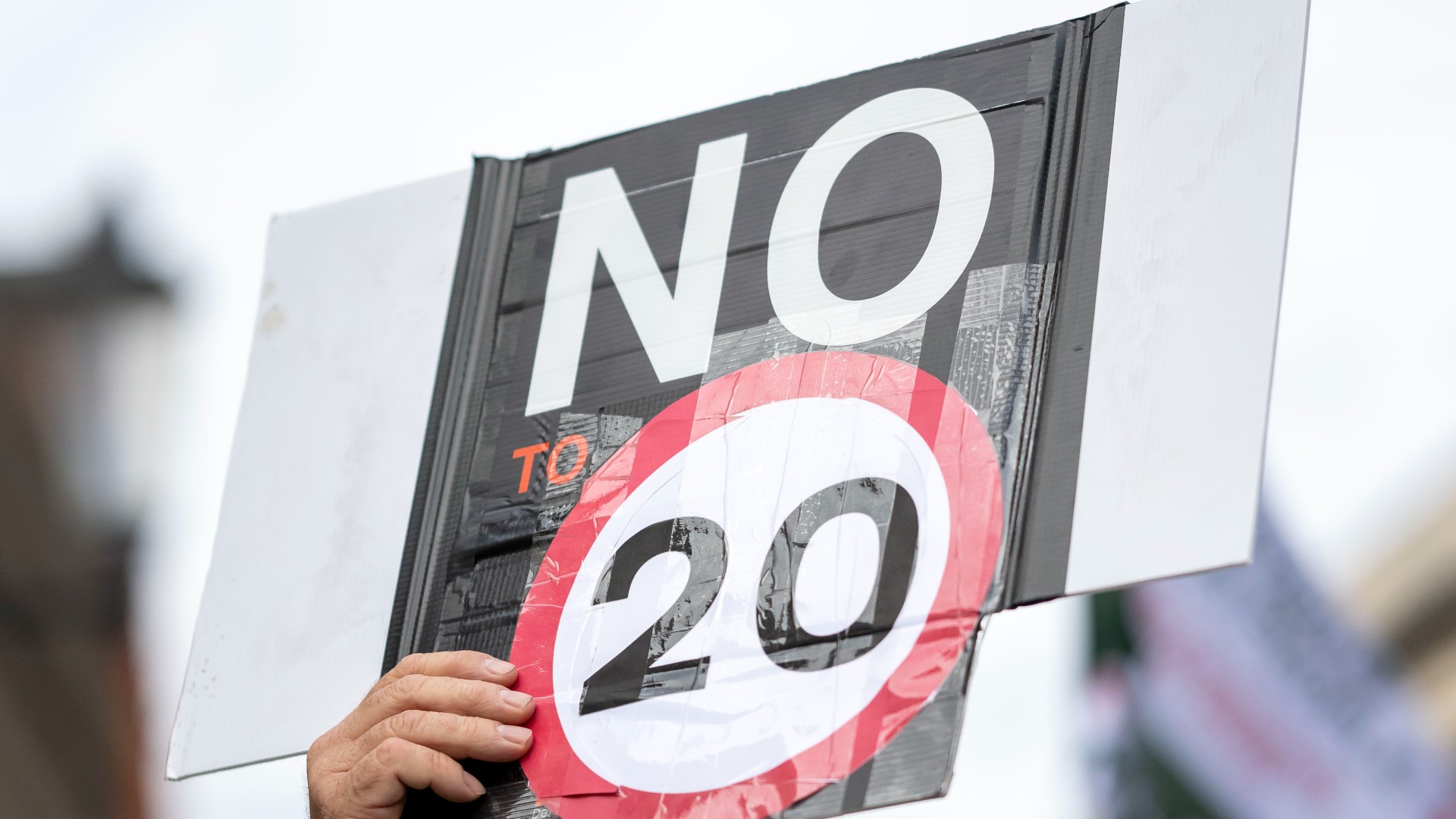 Speed limits: is 20 plenty?
Speed limits: is 20 plenty?Talking Point Many Welsh drivers are 'furious' at new limit, but pedestrians are 'far less likely to be killed'
-
 Former Philadelphia police officer charged with murder for Eddie Irizarry shooting
Former Philadelphia police officer charged with murder for Eddie Irizarry shootingSpeed Read
-
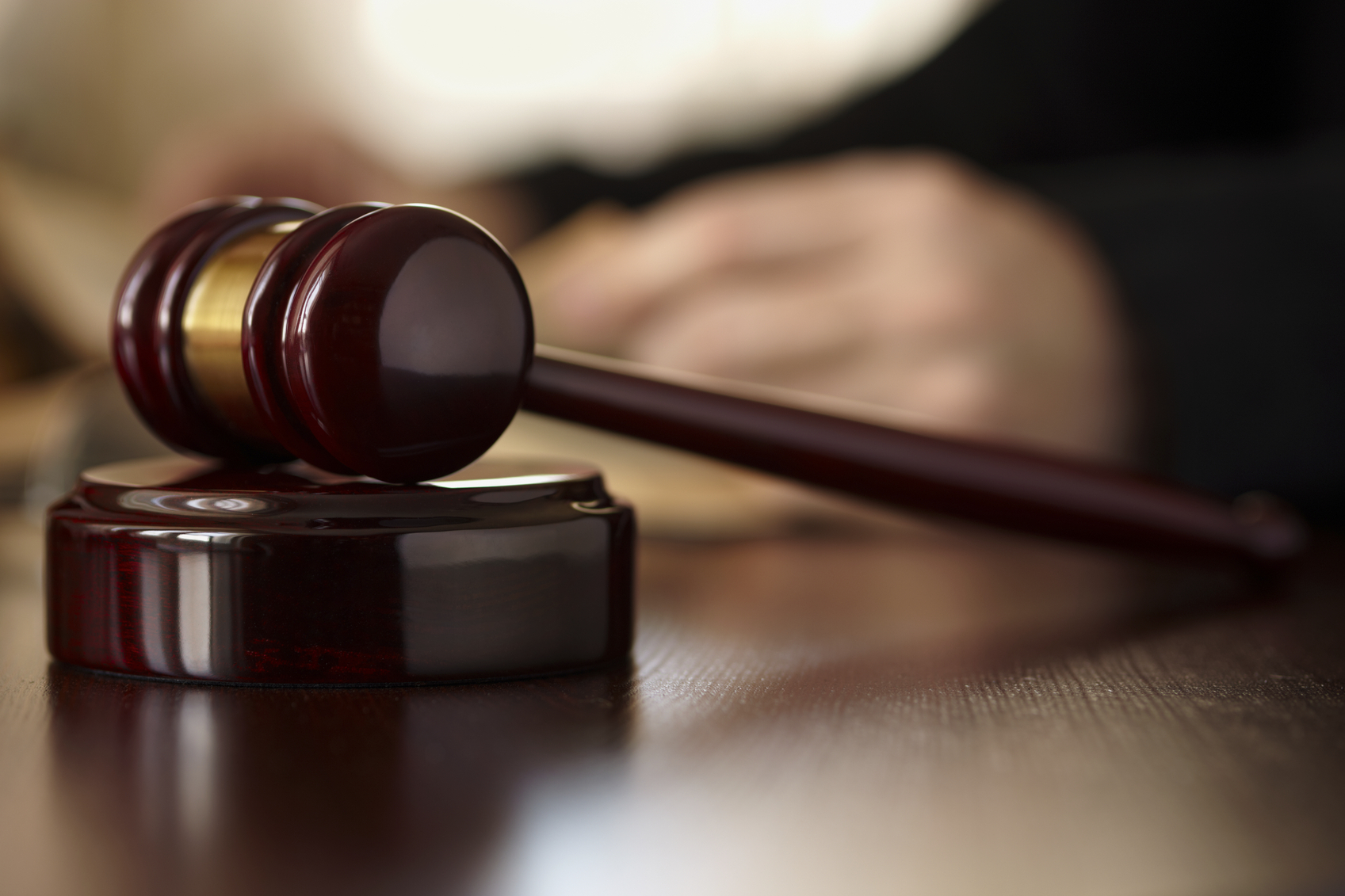 Massachusetts' highest court says black men may be legally justified in running from the police
Massachusetts' highest court says black men may be legally justified in running from the policeSpeed Read